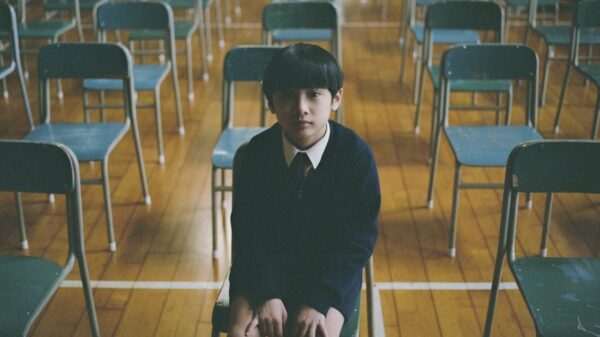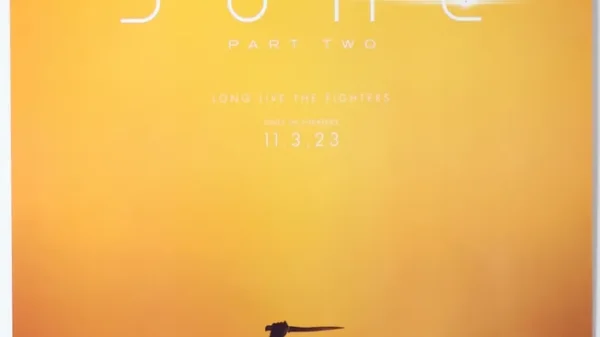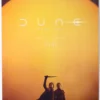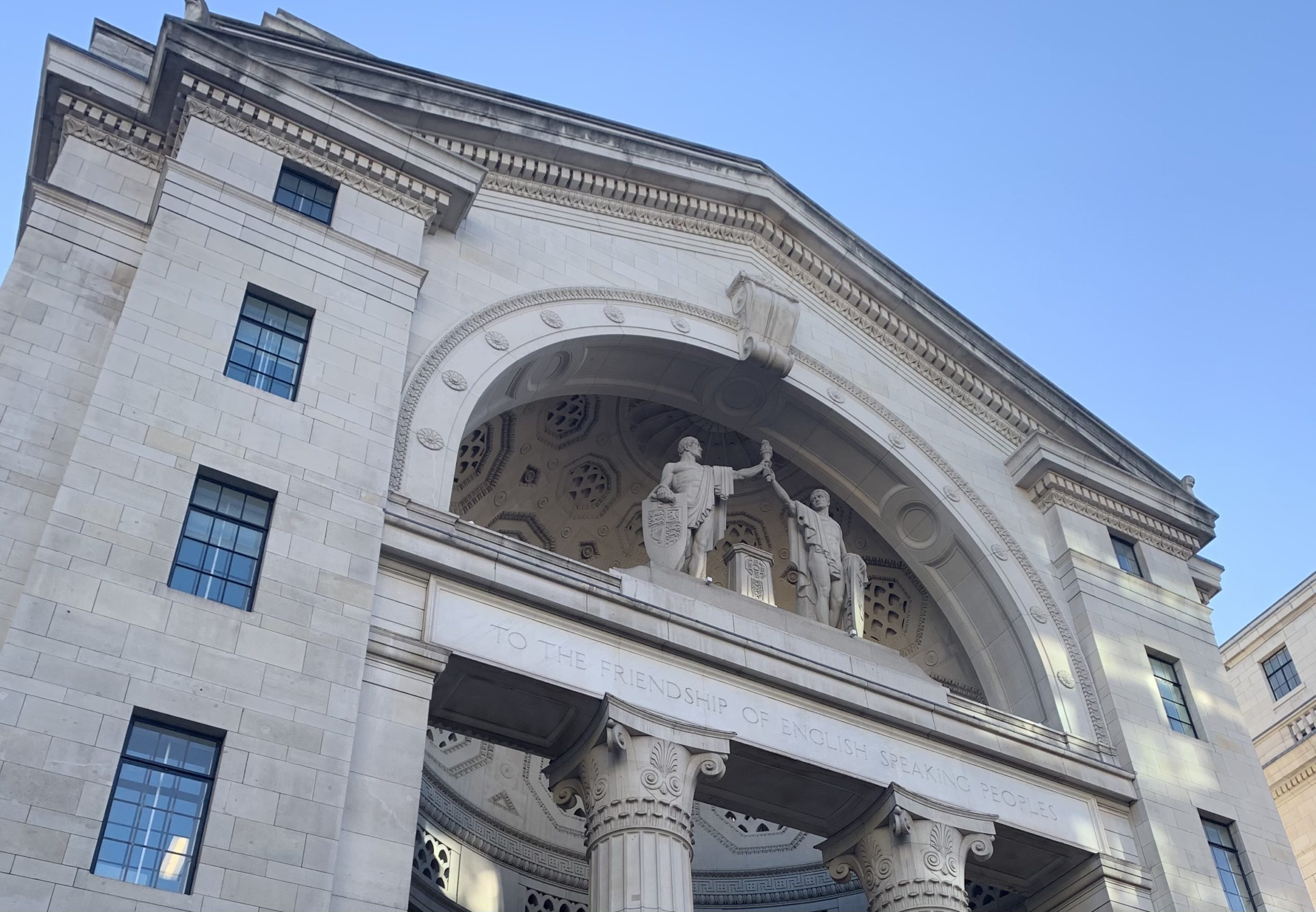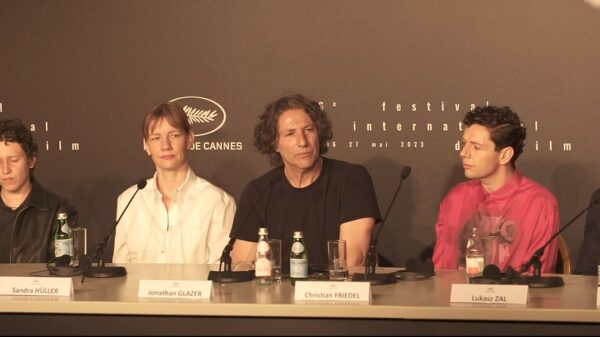Roar writer Shreya Sharma reviews “The French Dispatch” exhibition and its concept of the experience economy.
During the past week of rushing in and out of Strand campus, I stumbled upon “The French Dispatch” exhibition on my way to the tube station. As a former film studies student having tremendous respect and adoration for Wes Anderson’s work, I immediately booked my tickets. Living in a time where we are surrounded by antagonising advertisements forcing us to take the role of consumers at every second of the day, this manner of film promotion is intriguing. The eccentricity of Wes Anderson’s work calls for a rather novel way of promotion. The trailer subtly windows into the film’s storyline around print journalism, but the interaction with props and several other artefacts allows the audience to connect a few dots.
I was ready to point out the large board with the placards pointing out the subjects of the columns to be published. Besides the minute hints to the storyline, there were also props of each character such as the bicycle that Owen Wilson used to portray the travelling journalist Sazerac; vintage pill bottles and medicines; the lab coats worn by Timothée Chalamet and Frances McDormand. Several scattered handwritten notes and sheets were present for the observer, with multiple replicas of the same. It evokes a sense of curiosity into the makings of the production.

Along with the bold chessboard used in the film with the article stating of the death of ‘skilled chess player / activist’ hints into the sub-plots of the film. The ensemble of costumes in the frames of a Wes Anderson film are often the objects that suffice for the pleasing contrasts of shades on screen. The exhibition included the iconic dress of J.K.L Bernsen, the uniform of Simone, the red two-piece suit of Lucinda Krementz and vintage outfit of Juliette, providing a subtle glimpse into each character’s personalities.

Considering the fact that Anderson mentioned the inspiration of the film as being a New Yorker, the exhibition included a huge wall filled with a distinct yet blended mix of caricatures nudges into the director’s stand as a visual artist. The finer details peek into the plot and story of the film itself. The light music being played, which is the actual background score by Alexandre Desplat and “The Last Time” by Ennio Morricone, immerses one into the cinematics of “The French Dispatch”. The combination of both, the film references and the music brings you to Ennui-sur-Blasé.

If the printing machine and scribblings weren’t enough to completely enchant the passer with the beauty of the Wes Anderson sets, the café Le Sans Blague, takes you to Anderson’s peculiar town. As described in the scribblings on the memo board in Howitzer’s office, “The main room of Sans Blague bubbles over with caffeinated twenty-year-olds chattering shoulder to shoulderâ€, the statement stands true. The vintage minimalist café, a site for chess games and political discussions for the freedom of youth in Ennui submerges you into discussing the politics of the current times. Though it lacks a menu, the hot chocolate, coffee and tea served in yellow cups with “La Sans Blague” written on them, does rejuvenate your heart.


Pertaining to the manner of immersion that the exhibition welcomes one with, I began to wonder whether this promotional method for the film is the novel concept of experience economy (where the purchase of the product holds greater value than the product itself)? After the trip across experience-simulated Ennui-sur-Blasé, one is not only involved in the storyline with the many spoilers and hints, but also feels immersed into the experience of the fictional universe. Increasingly, experiences are becoming the one thing that enchants people across different fields, more than the physicality. It also breaks the monotony of the daily mundane experiences. Cornell psychology professors Travis Carter and Thomas Gilovich concluded that buying experiences makes people happier, with a greater sense of well-being, than purchasing mere goods.
The idea of bringing a fictional town in France to life and allowing people into the interactive experience (the café), points towards the novel method of promotions wherein one’s experiences are more valuable than the product. People now look forward to receiving the worth of both the product and time, in a world where there is a limited period for pleasure. An exhibition elaborating on the props used to shoot “The French Dispatch” along with its iconic café allows one to ‘be’ in Ennui and satisfy their curiosity of what the film may depict.
The true experience of a day in Ennui-sur-Blasé is best when one knows the plot of the film. The sets and props bring to life Wes Anderson’s fictional universe; it can remind you of how life, like in Ennui, is quite whimsical.












